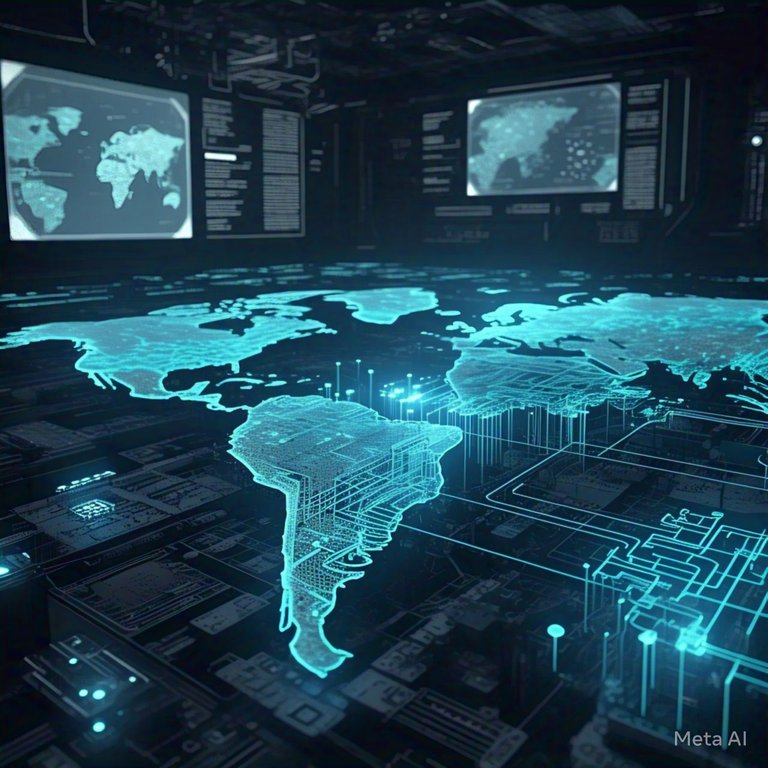
I am no longer a fan of TVs and radio broadcasts. The internet provides the easiest means of getting first-hand information without being refined, and I tend to read more on that. And twitter? It seemed to have the perfect people for the job.
When I was bored, it was my solace. When someone tells me something new happening in town, I tend to log in to twitter first to confirm if it’s true. I didn’t know that my life had gotten better with access to the latest information around the world with twitter until it got banned in 2020 because of a protest against the government to disband a force community that tend to find solace in tormenting the youths.
Now, that protest started online, and thanks to access to the internet, some of us gradually started lending our voices online from home before later hitting the street. The protest didn’t reach the rural areas. Only the urban youths took to the streets and the country felt the heat.
Nobody deserves restricted access to the internet except cybercriminals. The world used to be so far apart, but thanks to access to the internet, the world has gotten smaller.
Should access to the internet be considered a human right? To this, I would’ve loved to answer a yes because if it was considered a human right, then, maybe we would’ve been able to sue our government for restricting access to one important internet platform for the latest information.
Around that time too, quite a lot of people lost some of their earnings, especially the influencers because it’s what they’ve built their life around. Now, imagine if restricting access to the internet is against the fundamental human right, then, the government would’ve thought deeply before executing such a ban.

The internet has created a lot of knowledgeable individuals, thanks to access to learning platforms like YouTube, and there are some whose livelihoods are basically on the internet.
If the law is passed today that restricted access to the internet is violation of human rights, it would mean that the world will get a step closer to a stronger global connectivity. People in the rural areas will also have a taste of what the internet could do for them and no government will be able to intentionally restrict the internet from its citizens like one African country did during the elections.
However, there will be a huge responsibility on the government and other tech companies in making sure that the infrastructures needed for better internet access and communication be provided, and this will definitely cost some amount of money.
Also, the fear of cybercriminals, e-exploitation, and misinformation will also require that the government places a strong management in place to curb these actions.
As much as I would’ve loved to say a yes to declaring access to the internet a fundamental human right, the cost of the government funding may result to an increase in tax on the citizens, and life is unbearable enough. Imagine having to add another levy to it?
If it’s currently as it is where we individually do our internet activities and the government doesn’t need to spend anything in ensuring global connectivity, then, a restriction to the internet should be considered a violation of human rights.
Images are from MetaAI.